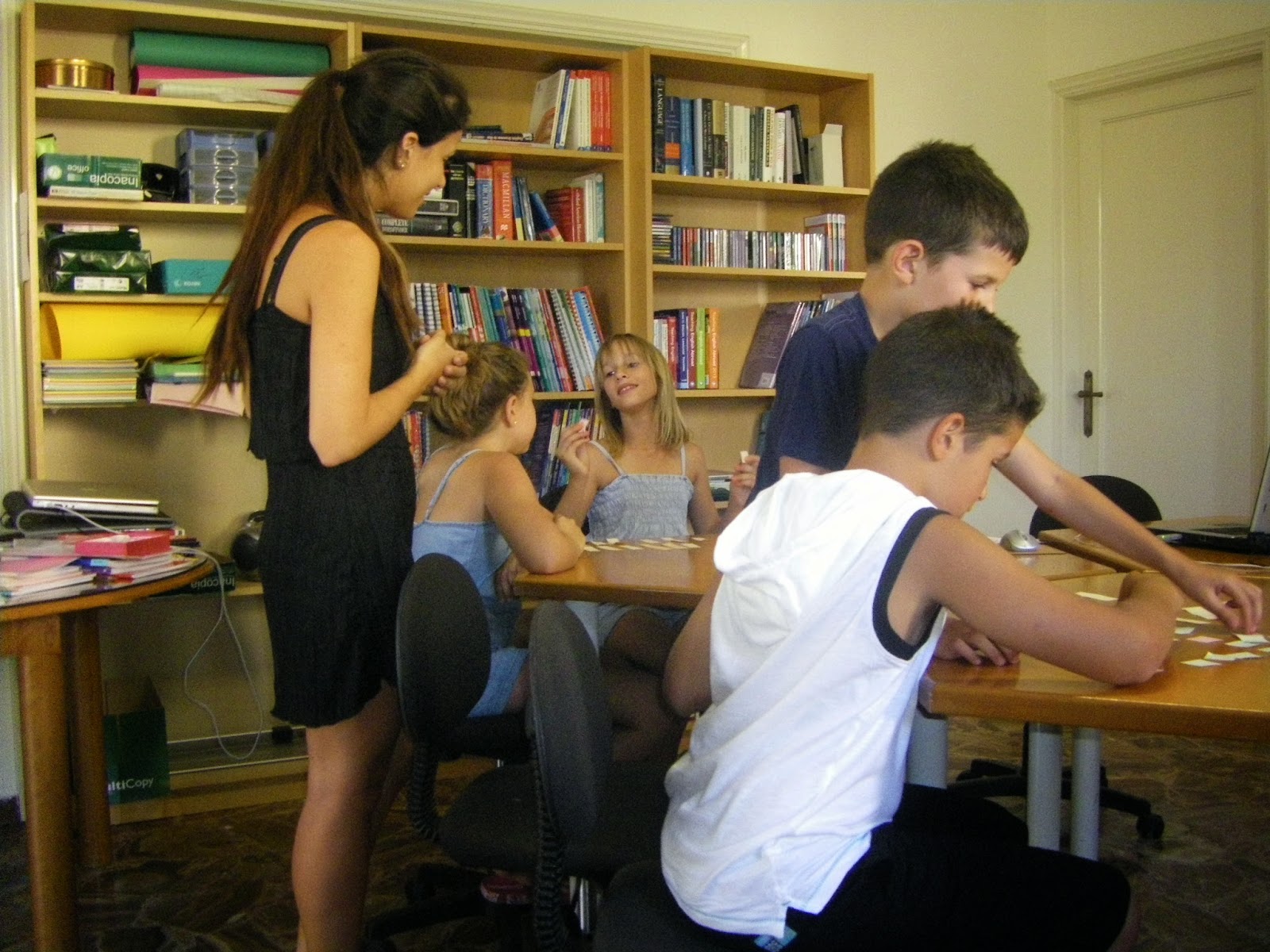Bingo is obviously a useful game for practising recognition of numbers, especially the difference between numbers like thirteen / thirty, but it can also be used to review any area of vocabulary.
In preparation, type up a selection of words from recent lessons. It's always good to insert a table in your document to do this, so the words are neatly arranged in grids, and this is particularly useful for making bingo cards. Once you have all the words, make a different bingo card for each student. If, for example, you have twenty words, you might make twelve cards so that each student has a slightly different selection of words. Apart from the bingo cards, you will also need to print a complete set of all the words on separate slips of paper.
Give out the bingo cards, and explain to the students that if they have the word that you define, they can cross it off. The first person to cross off all the words on his/her card is the winner. As you pick each word from a bag, give the definition, and monitor carefully to ensure that the students cross off the correct word on their cards.
Once they have the hang of the game, you can get students to take it in turns to give the definitions instead of doing it yourself.











